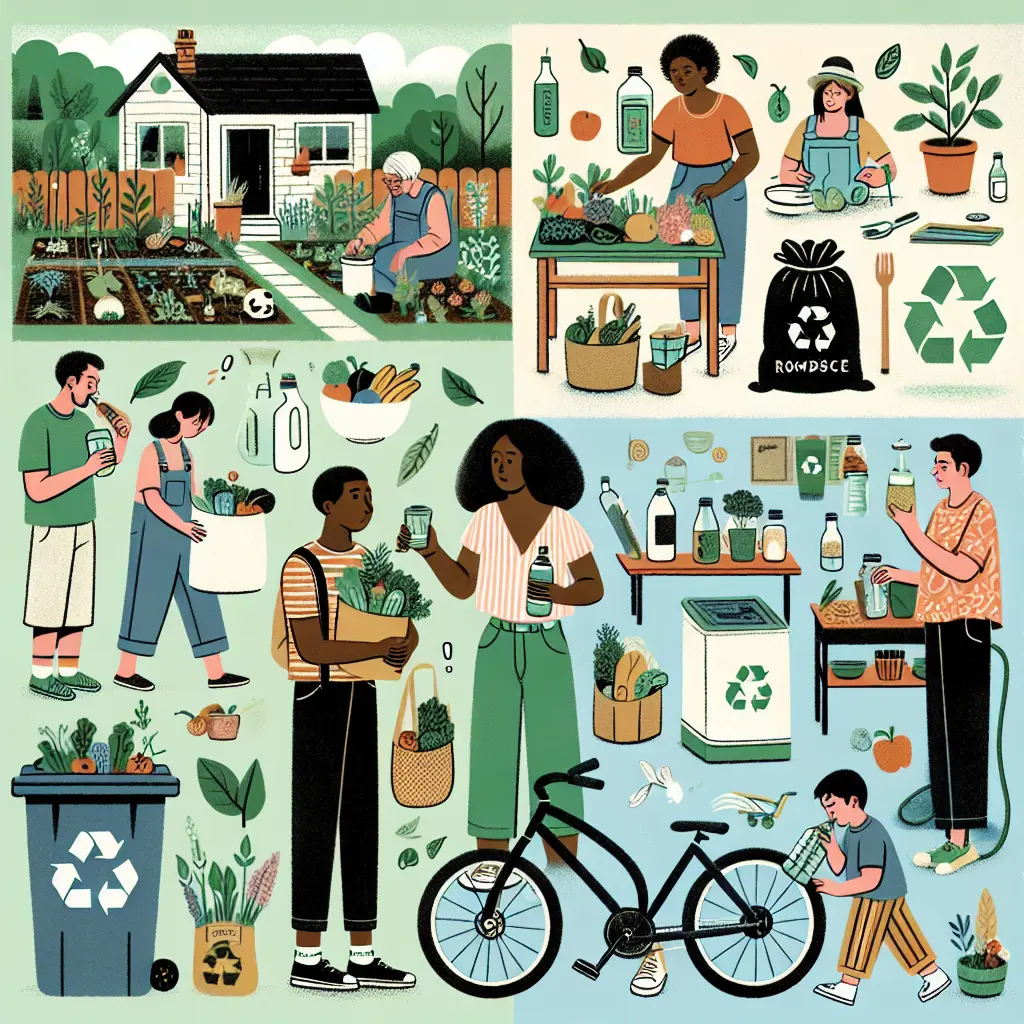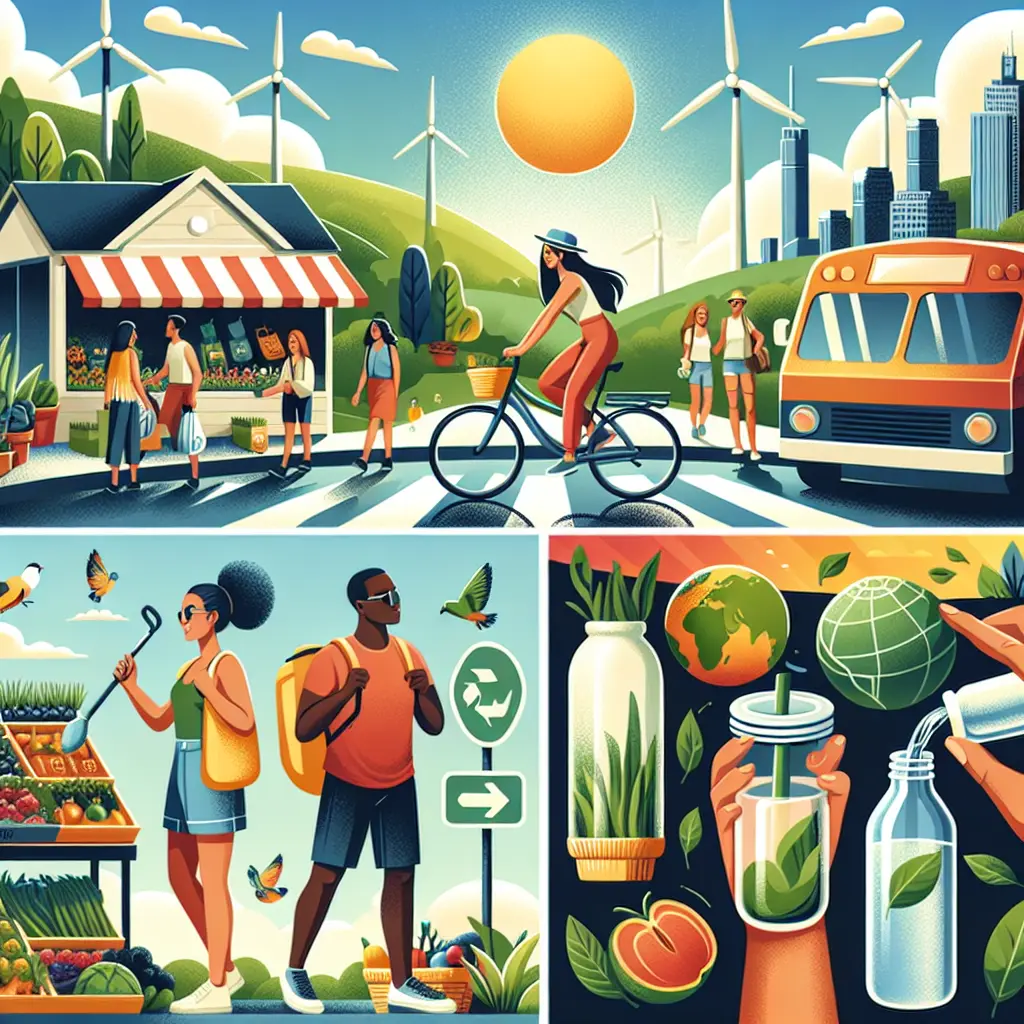As we navigate through the complexities of modern living, the importance of adopting a zero waste lifestyle becomes increasingly evident. A zero waste lifestyle isn’t just about reducing your trash output; it encompasses sustainable living, eco-friendly tips, and implementing waste reduction strategies that benefit both our lives and the planet. This comprehensive guide will explore practical tips and tricks to help you transition to a more sustainable existence.
A zero waste lifestyle aims to eliminate as much waste as possible by making sustainable choices, recycling, and composting. It's an integral part of sustainable living, which focuses on reducing our environmental impact by making conscious decisions in our daily activities.
Start by assessing how you can minimize waste in your household. This could involve switching to reusable products like cloth bags, beeswax wraps, and refillable containers, thus steering clear of single-use plastics. Plastic-free alternatives are not only better for the environment but often healthier for you as well.
Recycling and composting are pillars of a zero waste home. While recycling takes care of items that can’t be reused, composting organic waste is a great way to reduce landfill contribution and create nutrient-rich soil. Organic waste management systems can be simple to set up and maintain, even in smaller living spaces.
Minimalist living complements the zero waste lifestyle by encouraging you to own fewer items, which means less waste overall. This practice not only declutters your space but also your mind, fostering a sense of calm and focus.
DIY Zero Waste Solutions
Engage in DIY zero waste solutions by creating your homemade products like cleaning agents from vinegar and lemon or beauty products from natural oils and herbs. These solutions reduce dependency on chemically-laden commercial products and cut down significantly on packaging waste.
Transform your kitchen into a zero waste zone by investing in sustainable shopping practices. Buy in bulk using your containers, choose local and organic produce, and avoid products with excessive packaging. Equip your kitchen with items that promote sustainability, like glass jars and silicone lids.
The movement towards green living is gaining momentum globally, as seen in various news updates:
1. 2024 Summer Olympic Games: The use of a purple track made from recycled shoes showcases innovative recycling applications in large-scale events (source).
2. Saudi's 'Eco-City': The skepticism surrounding The Line project highlights the challenges and complexities in creating authentic eco-cities (source).
3. Sustainable Construction Materials: The Biden administration's initiative to find sustainable materials is a significant step towards eco-friendly construction practices (source).
4. Space Junk and Environmental Concerns: The call to pause StarLink launches underscores the need to address the environmental impacts of modern technologies (source).
5. Paris Olympics Greenwashing: Criticisms of greenwashing at the Paris Olympics prompt a reevaluation of what true environmental commitment looks like in global events (source).
Supporting Reusable Products
Invest in reusable products like water bottles, coffee cups, and shopping bags. These items are not only eco-friendly but are also cost-effective in the long run.
Every product or service has an environmental footprint. By choosing items with minimal impact — such as those made from recycled materials or requiring less energy for production — we contribute to a healthier planet.
Adopting a zero waste lifestyle involves more than just reducing waste; it's about making informed choices that prioritize the well-being of our environment. From implementing recycling and composting practices to opting for plastic-free alternatives and supporting sustainable shopping practices, every small step can lead to significant changes.
Incorporate these strategies into your daily life and join the global movement towards a more sustainable future. Remember, each action you take makes a difference in promoting a healthier planet for future generations.
Stay green, stay clean!






Leave a Comment